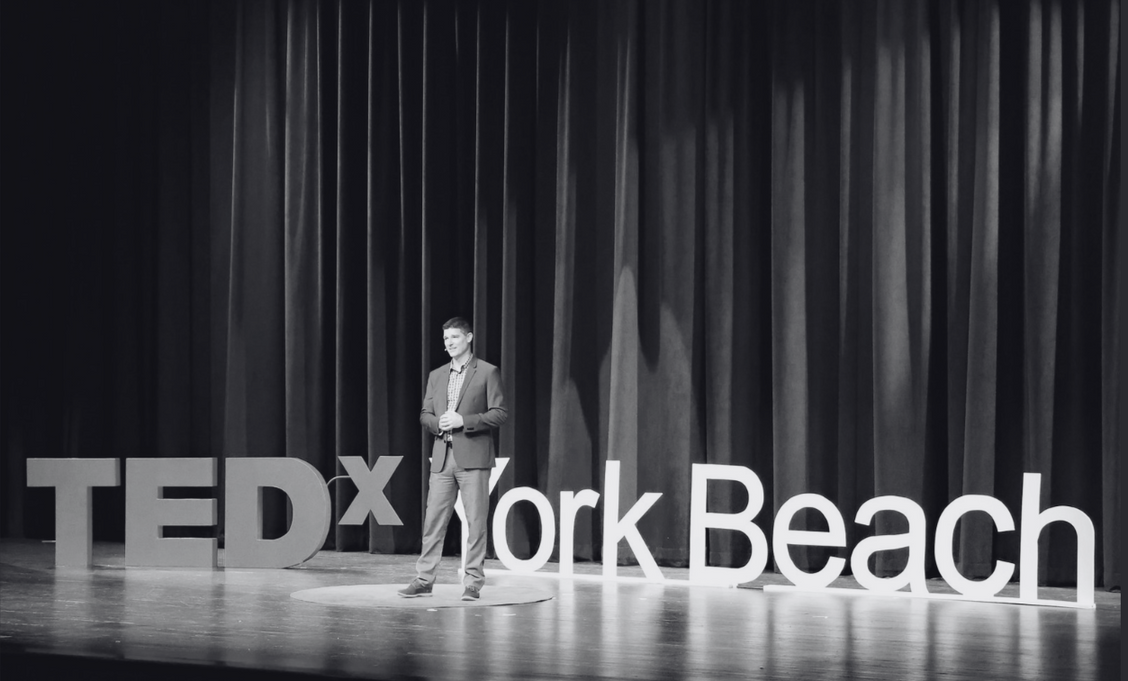By 2030, Generation Z is expected to comprise 30% of the total workforce. Their unique characteristics and expectations will significantly shape the future of work. Through my research and insights shared during my recent TED talk, I've identified three key factors that distinguish Generation Z: their need for frequent feedback, their desire for inclusiveness, and their value for knowledge and humility over titles and ranks.
The Need for Frequent Feedback and Communication
One of the standout traits of Generation Z is their preference for frequent feedback and communication. Unlike previous generations who might be accustomed to annual reviews and periodic check-ins, Gen Z thrives on continuous, bite-sized feedback. They are used to the instant communication facilitated by social media and expect similar responsiveness in the workplace. This doesn't mean they need constant praise; rather, they seek regular, constructive feedback that helps them grow and improve. Implementing systems for ongoing communication can lead to higher engagement and productivity among Generation Z employees.
One of the standout traits of Generation Z is their preference for frequent feedback and communication. Unlike previous generations who might be accustomed to annual reviews and periodic check-ins, Gen Z thrives on continuous, bite-sized feedback. They are used to the instant communication facilitated by social media and expect similar responsiveness in the workplace. This doesn't mean they need constant praise; rather, they seek regular, constructive feedback that helps them grow and improve. Implementing systems for ongoing communication can lead to higher engagement and productivity among Generation Z employees.
The Desire for Inclusiveness
Inclusiveness is not just a buzzword for Generation Z; it's a core value that permeates their personal and professional lives. They seek environments where diversity is celebrated and where they feel a sense of belonging. In the workplace, this translates to a strong preference for inclusive cultures that welcome different perspectives and foster collaboration. Companies that prioritize inclusivity are more likely to attract and retain Generation Z talent. This generation wants to see genuine efforts towards equality and are drawn to organizations that reflect their values.
The Value of Knowledge and Humility
Perhaps one of the most defining characteristics of Generation Z is their emphasis on knowledge and humility over traditional titles and ranks. They respect leaders who are knowledgeable, approachable, and willing to learn from others, regardless of their position. This is a shift from hierarchical structures where authority was often unquestioned. For Generation Z, the best leaders are those who demonstrate expertise and a willingness to collaborate and learn from their teams. Organizations that foster a culture of continuous learning and humility will resonate strongly with this new generation.
Perhaps one of the most defining characteristics of Generation Z is their emphasis on knowledge and humility over traditional titles and ranks. They respect leaders who are knowledgeable, approachable, and willing to learn from others, regardless of their position. This is a shift from hierarchical structures where authority was often unquestioned. For Generation Z, the best leaders are those who demonstrate expertise and a willingness to collaborate and learn from their teams. Organizations that foster a culture of continuous learning and humility will resonate strongly with this new generation.
Embracing the Future with Generation Z
Understanding and adapting to the needs, desires, and values of Generation Z is essential for any organization looking to thrive in the coming years. By fostering a culture of continuous feedback, inclusiveness, and humility, businesses can not only attract but also retain the best talent from this emerging generation. As we move towards a future where Generation Z plays a significant role in the workforce, embracing these principles will be key to organizational success.
Incorporating these insights into your leadership and management strategies will help you create a more dynamic, inclusive, and forward-thinking workplace that appeals to the next generation of professionals.

